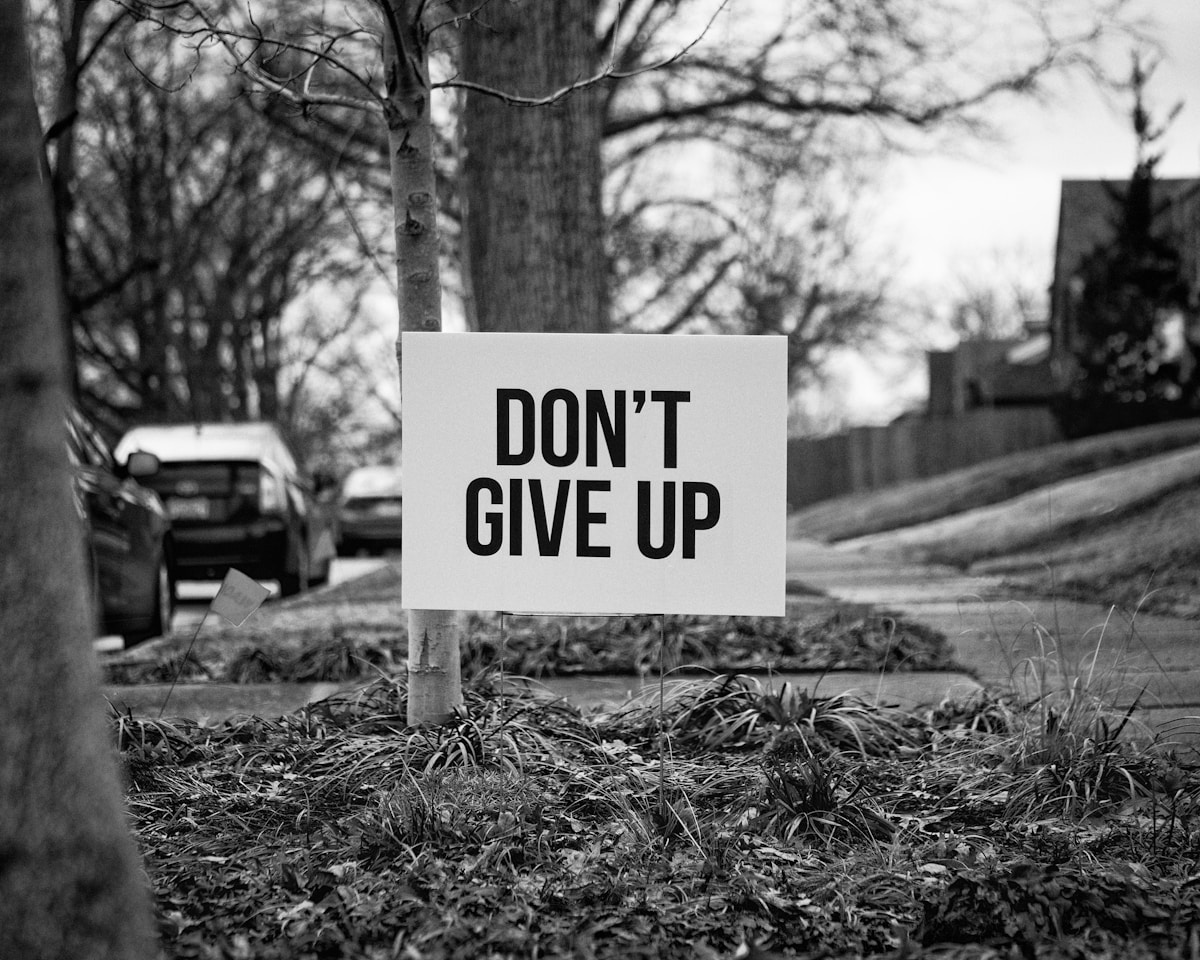Depression affects an estimated one in 15 adults (6.7%) in any given year. And one in six people (16.6%) will experience depression at some time in their life. Depression can strike at any time, but on average, first appears during the late teens to mid-20s. Women are more likely than men to experience depression. Some studies show that one-third of women will experience a major depressive episode in their lifetime.

With the rise of mental health awareness, people are able to talk about it more openly and share their struggles and experiences. A part of me rejoices over this, but it also saddens me, because while I don’t want to take away from the pain of what you are experiencing, many others have used this as a trend. What this tells me is that people may not have enough or the right information on this topic.
Today, we use the word ‘depression’ as a slang or synonym for a state of being/feeling sad. Anyone feeling sad about a temporary situation says they are depressed. Do we truly understand what this means? Before we label ourselves or others, let’s look at some important symptoms of this condition. You could be helping someone.
Depression (major depressive disorder) is a common and serious medical illness that negatively affects how you feel, the way you think and how you act. Fortunately, it is also treatable. Depression involves feelings of extraordinary sadness and dejection (mostly without any reason), a loss of interest in activities once enjoyed. It can lead to a variety of emotional and physical problems and can decrease a person’s ability to function at work and at home.
For a Major Depressive Disorder at least 5 of the following symptoms have to be present during a 2-week period (and at least 1 of the symptoms must be diminished interest / pleasure or depressed mood):
· Depressed mood: For children and adolescents, this can also be an irritable mood
· Diminished interest or loss of pleasure in almost all activities
· Significant weight change or appetite disturbance
· Sleep disturbance (insomnia or hypersomnia)
· Psychomotor agitation or retardation
· Fatigue or loss of energy
· Feelings of worthlessness
· Diminished ability to think or concentrate; indecisiveness
· Recurrent thoughts of death, recurrent suicidal ideation without a specific plan, or a suicide attempt or specific plan to commit suicide
The symptoms cannot be attributed to the physiological effects of a substance (e.g., a drug of abuse, a medication) or another medical condition. Depressive disorders can be rated as mild, moderate, or severe.
Depression is different from sadness or grief/bereavement. The death of a loved one, loss of a job or the ending of a relationship are difficult experiences for a person to endure. It is normal for feelings of sadness or grief to develop in response to such situations. Those experiencing loss often might describe themselves as being ‘depressed’. But being sad is not the same as having depression. The grieving process is natural and unique to each individual and shares some of the same features of depression. Both grief and depression may involve intense sadness and withdrawal from usual activities.

So how then do we go forward? First, the Bible says, The Lord is there to rescue all who are discouraged and have given up hope. (Ps. 34:18). You have hope in the Lord Jesus Christ. He has promised to, ‘never leave you nor forsake you’ (Duet 31:6b). Draw daily strength from Him. There is no situation God has not faced or he doesn’t know about. He is understands exactly what you’re going through.
Second, remember that you were not meant to do this life alone. You have a family--maybe your real one or a community around which you can find where you belong. If you'd like, reach out to us HERE, if you want to talk.
Third, there is no reason to be ashamed of depression or any form of mental illness. You wouldn’t be ashamed if your thyroid didn’t work. You’d take care of it with medication, talk to people about your condition, etc. If you’re feeling overwhelmed, then talk to someone you trust today. The more you keep it inside, the more it will eat you up.
For those who know someone dealing with depression, allow them to talk to you, don’t give them any advice. The best support you can give through this time is helping them trust you and allowing them to open up about sharing their hurts, hang-ups and habits with someone.
Your mental illness is not your identity. Your identity is in Christ. - Kay Warren, advocate for people living in mental illness.